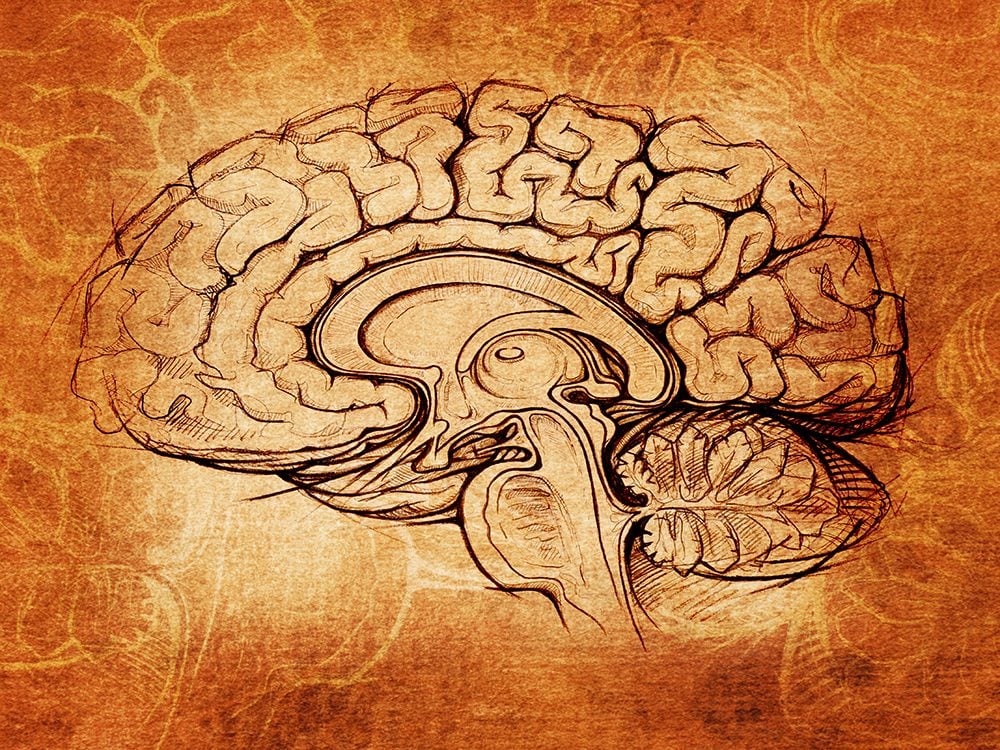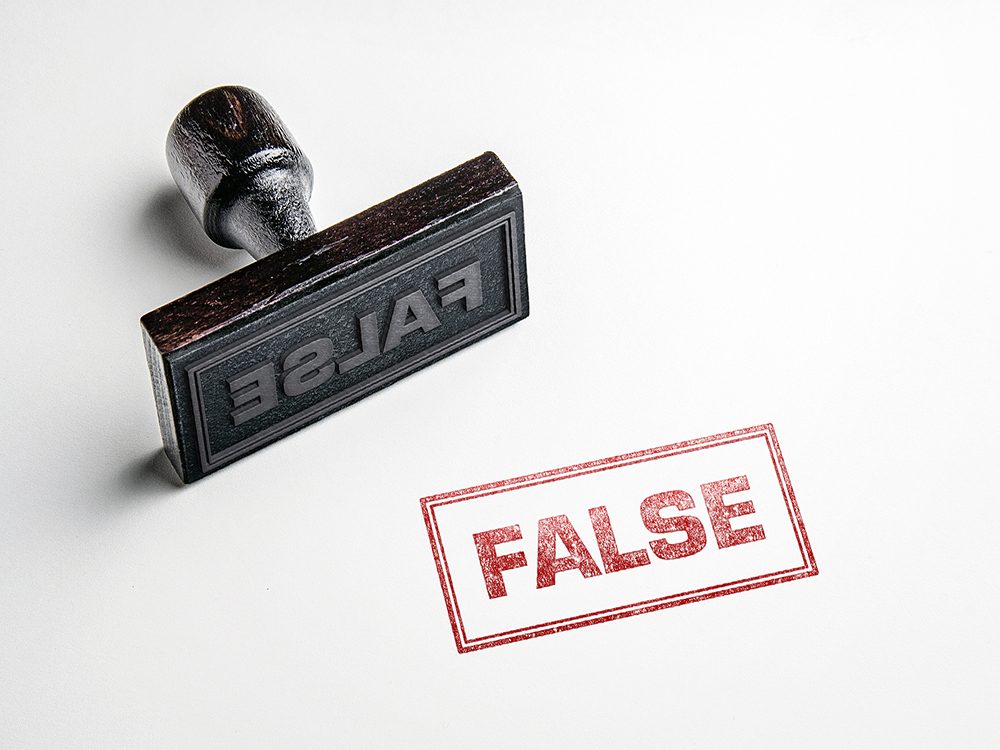
1. Enervated
People think it means “energized,” but it really means “weakened.” The word “nervus” originally referred to sinews and tendons, but around the 1600s it became a byword for strength and vigour. “Enervate” first meant “to cut the nerves or tendons” and later came to mean “to lessen the vitality or strength of.”
Here are 10 outdated terms that really need to come back in style!

2. Factoid
People think it means “a fun, trivial fact.” But it originally meant “a fun, false fact.” Coined by Norman Mailer in 1973 to describe “facts” invented by reporters, this word can (confusingly) describe both true and false information. But for Mailer’s intended meaning, you can look to other words with the suffix: -oid. If a humanoid resembles a human (but isn’t one) and a planetoid resembles a planet (but isn’t one), it follows that a factoid resembles a fact—but isn’t one.

3. Inflammable
People think it means “fireproof,” but it really means “easily inflamed.” Yep, the words “flammable” and “inflammable” mean exactly the same thing. Make sure your home is equipped with a fire extinguisher (and a dictionary).

4. Noisome
People think it means “noisy,” but it really means “obnoxiously smelly.” Or, in a more abstract sense, it can refer to anything unpleasant, such as the “noisome truth.” Noisome is actually etymologically related to the word “annoy.”
The most complicated English word is only three letters long!

5. Nonplussed
People think it means “undisturbed,” but it really means “utterly baffled.” The word comes from the Latin non plus, meaning “no more,” as in, “I am in a state where I can say, think or do no more. I am nonplussed.”
Here are 11 more terms and phrases you have probably been misusing.